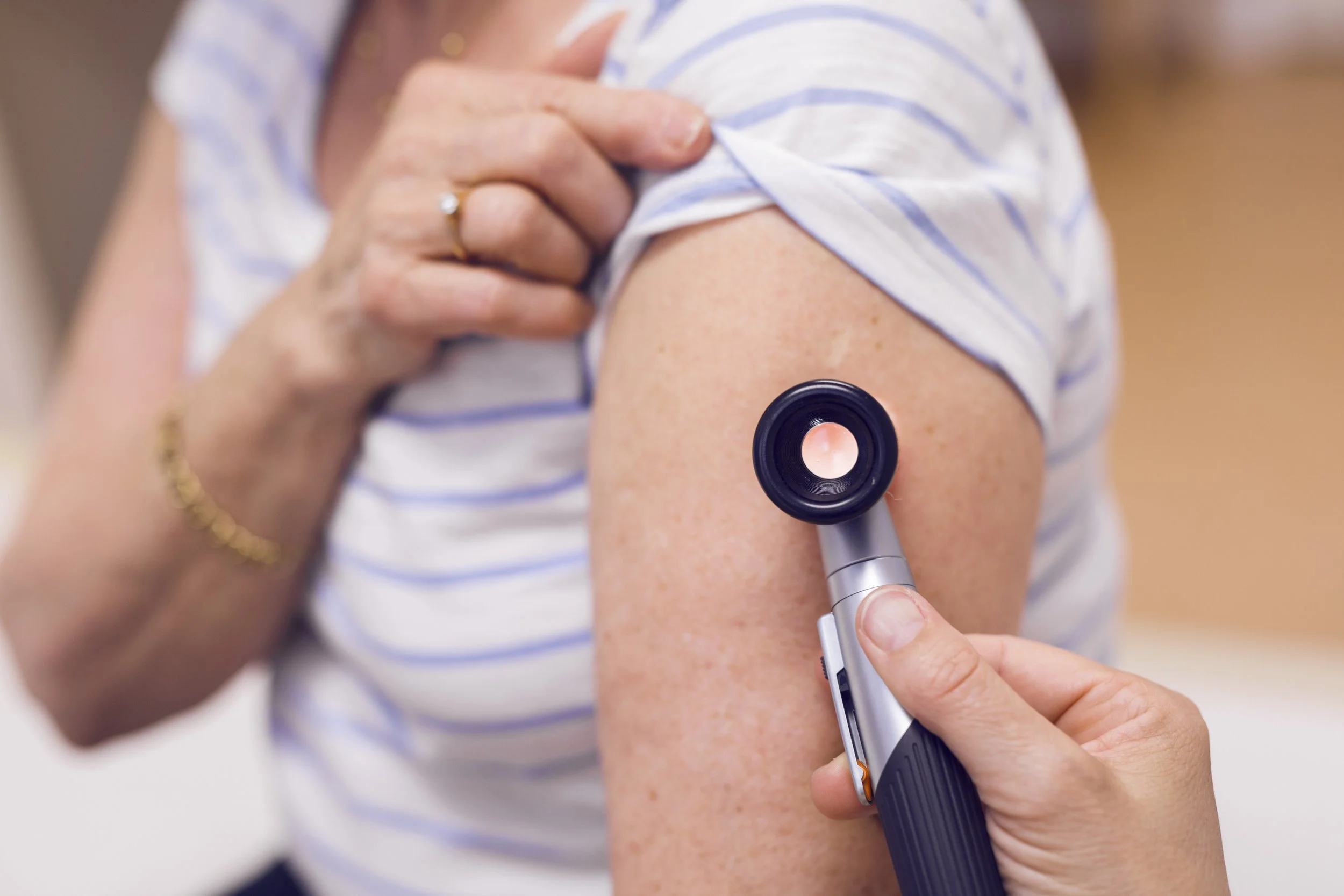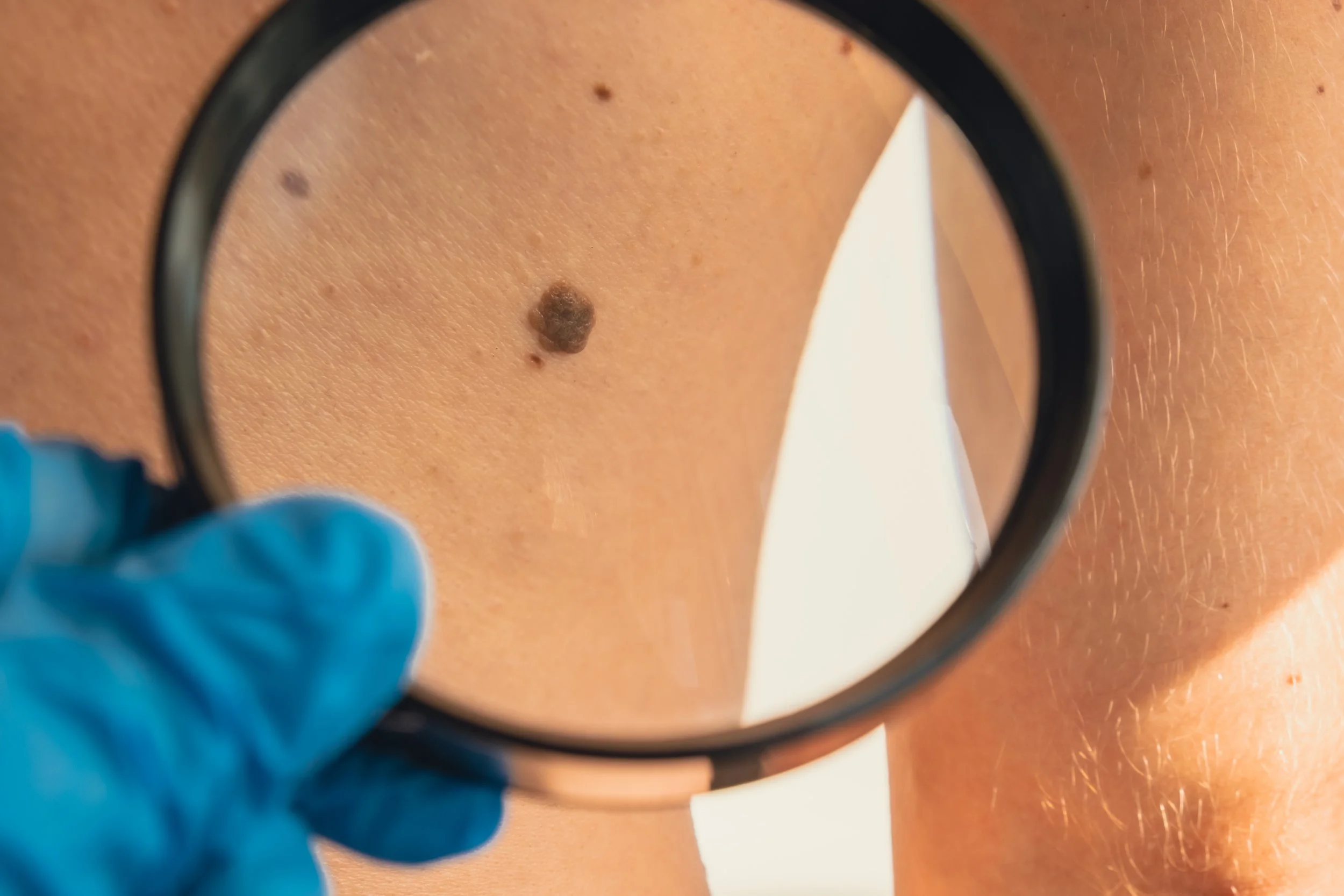Skin Check
Living in Queensland means enjoying year-round sunshine, but it also means facing one of the world's highest skin cancer rates. Approximately two out of every three Australians will be diagnosed with skin cancer by age 70, making regular skin checks essential for protecting your long-term health.
Who Needs Regular Skin Checks?
Your risk may be higher if you have:
Fair skin that burns easily
History of multiple sunburns during childhood
Extensive sun exposure through work or recreation
Family history of skin cancer, particularly melanoma
Numerous moles or freckles
Previous skin cancer diagnoses
Weakened immune system due to medical conditions or medications
What to Expect During Your Skin Check
Systematic assessment by General Practitioner
Examination of hard-to-see areas including scalp, palms, soles of feet, nails and between fingers and toes
Dermoscopy for detailed examination of concerning spots
Documentation and monitoring of any areas requiring ongoing observation
Your comfort matters to us. We'll explain the process before we begin. We offer both full-body skin checks and spot checks for specific areas of concern.
How Often Should You Have Skin Checks?
Majority of people should have at least one comprehensive skin check annually. Higher risk individuals with multiple risk factors should have a consultations every 3 to 6 months. Schedule additional spot check appointments whenever you notice changes to existing moles or new lesions.
Self-Monitoring Between Appointments: The SCAN Method
Check your skin regularly every 3 months using this simple system:
When to Book Your Skin Check
Schedule an appointment if:
You haven't had a professional skin examination within the past year
You've noticed any changes to existing moles or new spots
Any lesions meet the SCAN criteria
You notice any unusual or changing moles
You have concerns about any area of your skin
Tips for Your Appointment
Inspect your scalp and skin, including your genital region and note any spots of concern to review during your appointment
Please do not wear any makeup
Avoid nail polish or artificial nails
Avoid spray tans or suntan lotion for 14 days before your appointment
Ensure your skin and hair are clean and free of dirt, paint, or oil
Change into clean clothing before your appointment
Bring a list of any medications you're taking
Note any family history of skin cancer
Next Steps
If you're due for a skin check or have noticed any concerning changes, please speak with one of our friendly team members or book a consultation a GP.
Note: The information provided on this website is of a general nature and should not be considered a replacement for professional medical advice.
Last Updated: 9 Jul 2025


